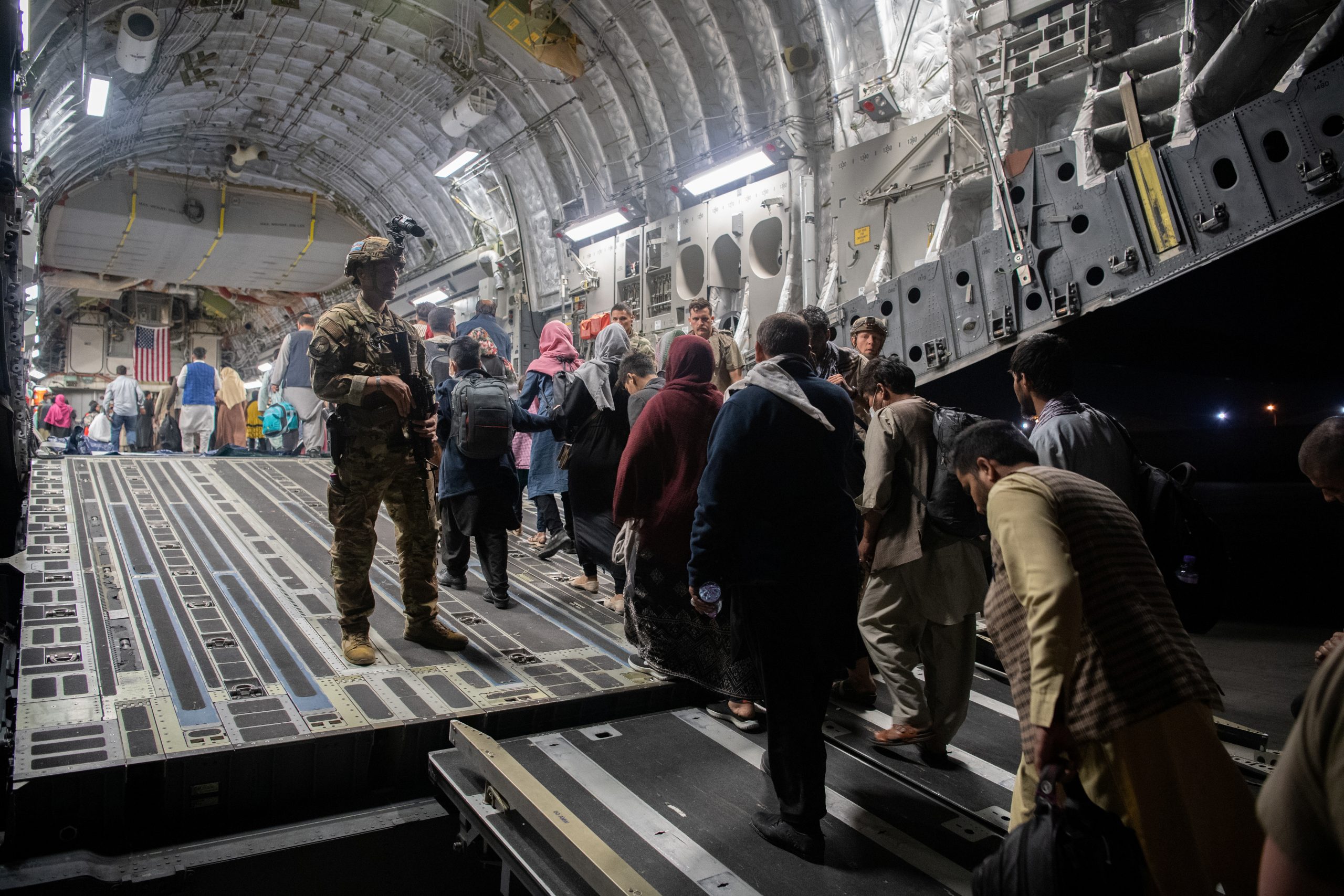
Justin Bullock, FISM News
[elfsight_social_share_buttons id=”1″]
The G7 members met virtually on Tuesday to discuss the growing crisis in Afghanistan. The central discussion topic among the seven nation council, which consists of Britain, Canada, France, Germany, Italy, Japan, and the United States, was the upcoming evacuation deadline. August 31 was the arbitrary date set by President Biden and while there was immense pressure from other leaders to extend it, no decision has been made yet.
In addition, the Taliban has not agreed to any further extension and ominously expects all international operations in Afghanistan to end by that date. The G7 countries are reportedly trying to work with the Taliban as best as they can, but mutual trust is in short supply.
During the G7 meeting, Canadian Prime Minister Justin Trudeau and Germany’s Angela Merkel both heavily pushed for an extension of the deadline. However, Biden refused to acquiesce to the wishes of the majority, instead saying that he believed that “we are currently on pace to finish by August 31st.”
Leaders of other countries appeared to be disillusioned following the meeting with several implying that they were at the mercy of the Biden administration, since a US presence is needed for any evacuation effort. “I want to stress again that of course the United States of America has the leadership here,” German Chancellor Angela Merkel told reporters. “Without the United States of America, for example, we—the others—cannot continue the evacuation mission.”
Biden did promise the other leaders that every effort will be made to reach an agreement with the Taliban to allow unmolested evacuation until everyone who is supposed to leave the country is able to.
The G7 was able to find mutual ground on other topics. They agreed that they would hold the Taliban accountable for human rights violations and that the legitimacy of their government would depend upon the organization’s actions not their words.
After the meeting President Biden told the press:
We agreed that the legitimacy of any future government depends on the approach it now takes to uphold their international obligations, including preventing Afghanistan from being used as a base for terrorism, and we agreed that none of us are going to take the Taliban’s word for it and will judge them by their actions.
